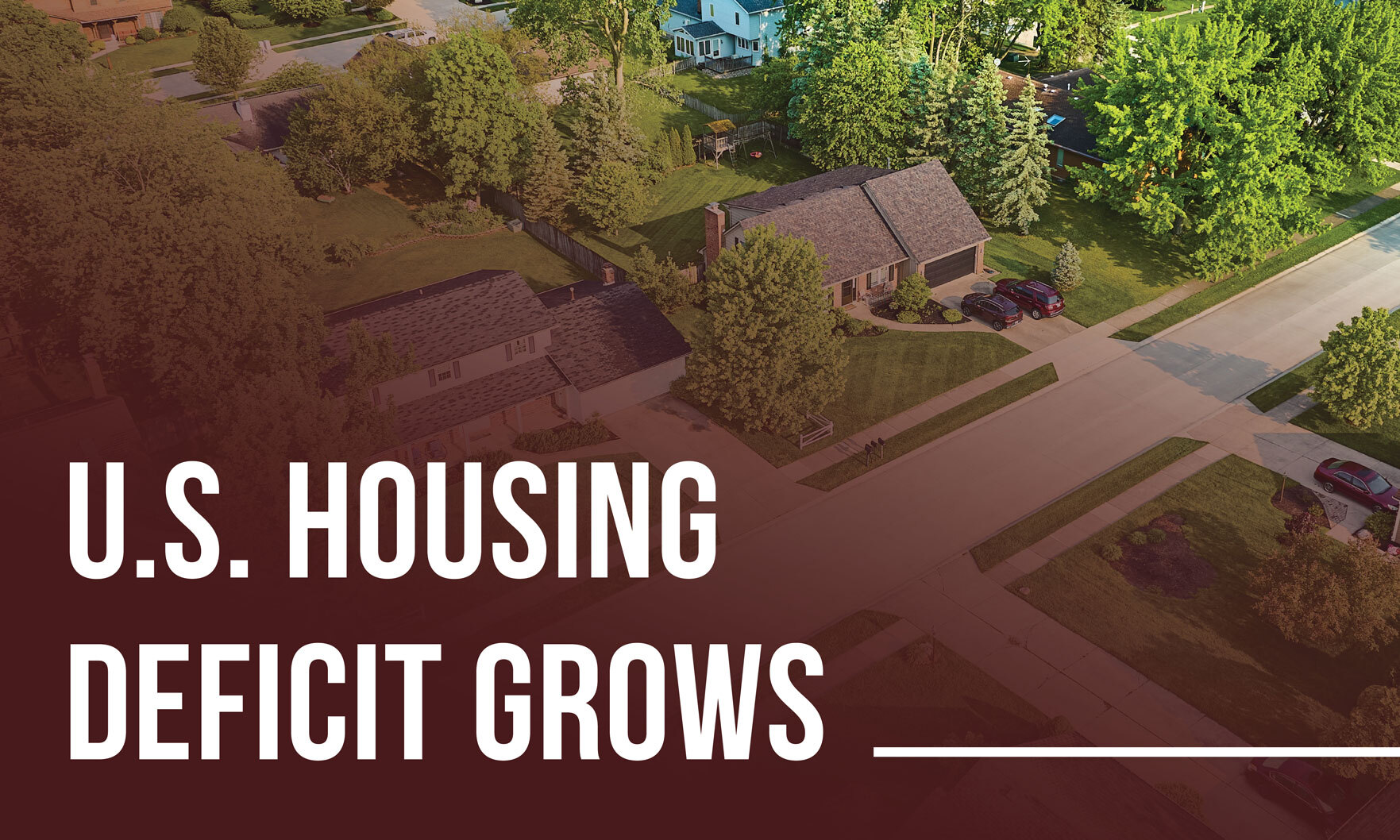The U.S. housing shortage grew to about 4.5 million homes in 2022, an increase from 4.3 million the previous year, according to a new Zillow analysis.
In 2022 there were 8.09 million individuals or families living with nonrelatives and 3.55 million housing units available for sale or rent, the report found. The difference is the 4.5 million shortage.
Zillow traced the deficit to the late-2000s Great Recession, and building slowed for most of the next decade. Now that the bulk of millennials have reached prime home-buying age, the supply isn’t there to meet the demand. That imbalance, coupled with increased interest rates, has fueled the housing affordability crisis.
In Chicago, the 2022 shortage was more than 97,000 homes, an 11.4% increase from 2021.
“The simple fact is there are not enough homes in this country, and that’s pushing homeownership out of reach for too many families,” Orphe Divounguy, senior economist at Zillow, said in a news release. “The affordability crisis extends to renters as well, with nearly half of renter households being cost burdened. Filling the housing shortage is the long-term answer to making housing more affordable. We are in a big hole, and it is going to take more than the status quo to dig ourselves out of it.”
Housing construction did pick up post-pandemic. About 1.4 million homes were built in 2022, the most since the Great Recession, but it hasn’t been enough to keep up with demand, let alone cut into the housing shortfall.
The Census Bureau reported that 1.45 million homes were built in 2023. That increase is a good sign, according to Zillow, which said more needs to be done to address the problem, including relaxed zoning laws and parking requirements and fast-tracking building permits.
